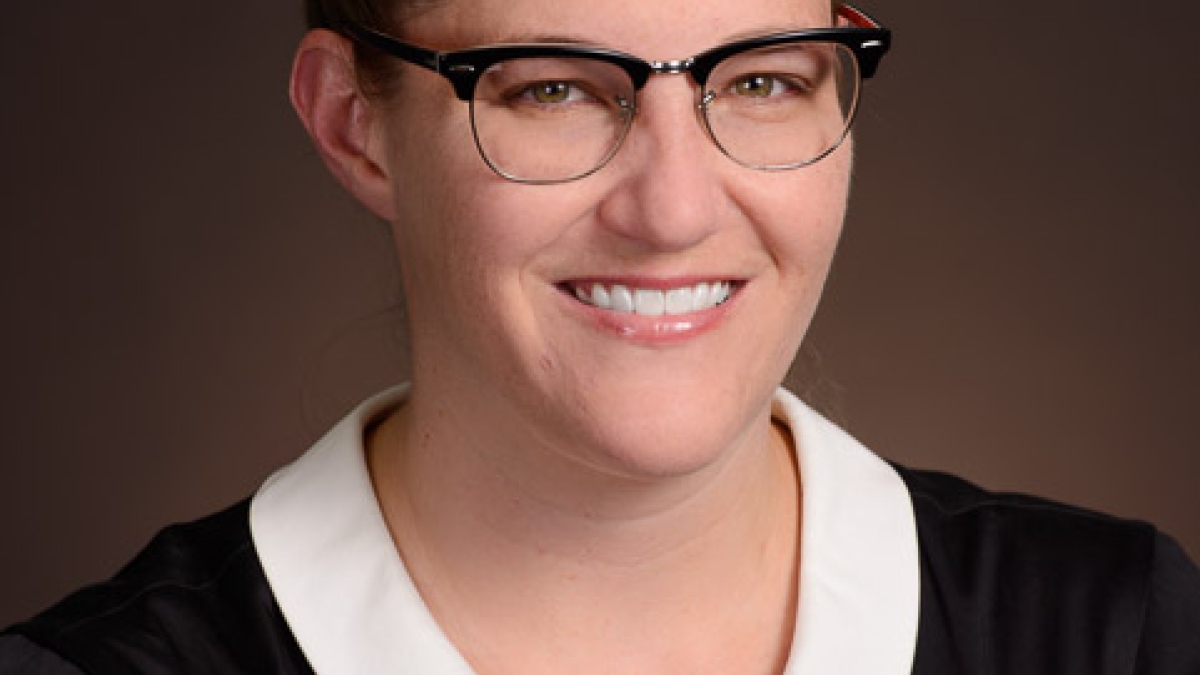'Fangirl' professor makes sense of media chaos

Nowadays, keeping up with ever-changing media culture can be overwhelming, even when – or perhaps because – we are constantly immersed in it. For Suzanne Scott, assistant professor of film and media studies in the College of Liberal Arts and Sciences, making sense of all that voltaic noise isn’t just a job; it’s a passion.
“Media literacy is increasingly important and complex as our daily lives become more mediated by screens, and I believe that the central project of media studies to develop critical, active media producers and consumers has never been more vital,” she says.
Scott first fell in love with media studies as an undergrad at New York University. A self-proclaimed “aca-fan,” she spent a few years working in the movie industry before realizing that what she really wanted to do was teach. Her research focuses on the gendered politics of participatory culture, with an emphasis on the demographic, representational and authorial “revenge” of the passionate fan.
“In short,” Scott says, “if it’s related to geek culture – comic books, video games, transmedia storytelling, etc. – it’s likely that I write about it or teach classes on it.”
Coming to ASU from Occidental College where she was a Mellon Digital Scholarship Postdoctoral Fellow in the Center for Digital Leaning and Research, Scott looks forward to teaching and working with such a diverse group of people, and she wants her students to know that their work is important. She recently published a short piece in Cinema Journal that drew directly from student projects and coursework.
“I think students knowing that they’re valued as creators and emerging scholars is important, and knowing that their work circulates beyond my desk into other academic circles is a part of that,” she says.
Recently, Scott was asked to interview Henry Jenkins, fellow media scholar and Provost Professor of Communication, Journalism, and Cinematic Arts at USC, for the 20th anniversary edition of “Textual Poachers: Television Fans and Participatory Culture.”
“’Textual Poachers’ remains one of the most seminal and influential texts within fan studies,” she says, “and personally, it was the book that first solidified my love of media studies ... it was an incredible honor to be selected to discuss the state of the field with Henry.”